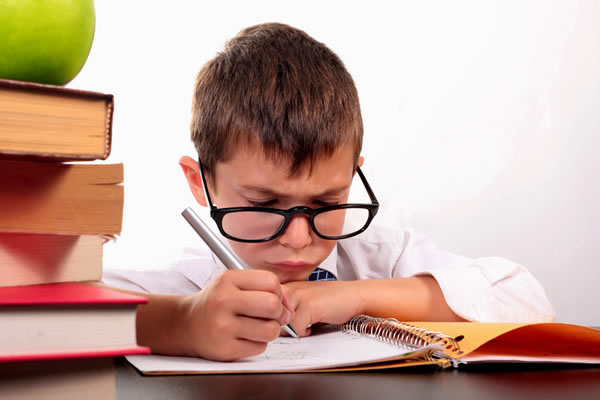A large study by Johns Hopkins University confirmed what many of us have
known for a long time: children who immigrate the United States with their
families tend to do better in school, and when they grow up, their children
are also likely to do better.
That may fit a pattern some Americans see of so many kids from Asia
who excel in everything from music to science as they embrace a new
culture. But it holds for all immigrants, including those from Mexico
who often arrive here in a desperate flight from poverty.
It doesn't mean that a poor kid who arrives here as a preteen will
do better than an American kid from a wealthy family that values education,
of course. But compared to an American youth with a similar background,
the immigrant will have certain advantages.
"They have higher expectations, they make a higher effort, and
they have better cultural tools," sociologist Lingxin Hao, lead
author of the study, said in a telephone interview. "Their culture
is not just American."
They have the experience of living their first years in a very different
culture, "so they have cultural diversity and they are able to
take the best part of both and use it while in school," she added.
That will continue to help them transition into adulthood.
The study indicates the immigrants are more likely to succeed because
they arrived here with high expectations, their parents expect them
to work harder, and it's likely they will have a stronger relationship
than their American peers with their teachers.
But like the famed Chinese proverb about wealth not lasting three generations,
all that academic advantage evaporates for their grandchildren. Lee Dye
of ABC News has the story:
here.


No comments:
Post a Comment